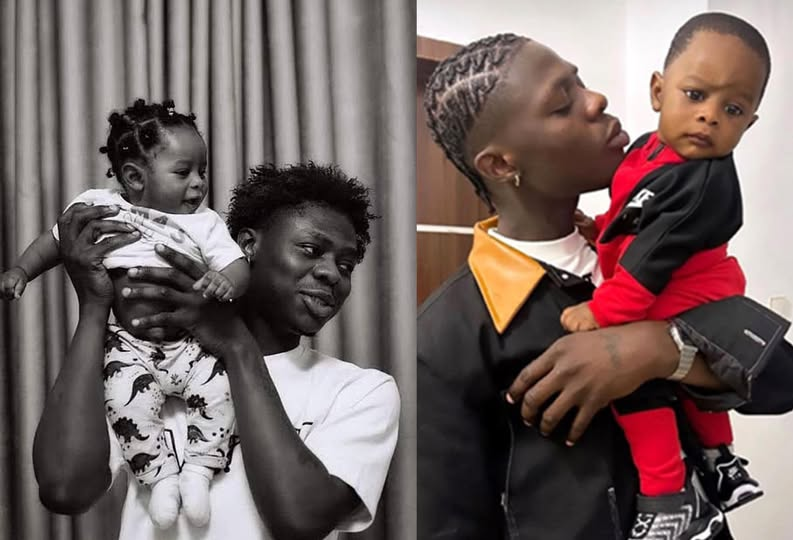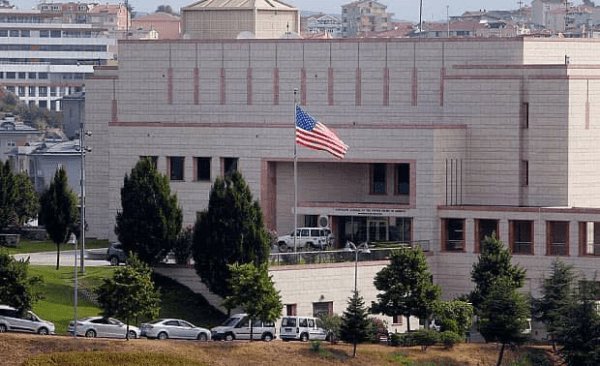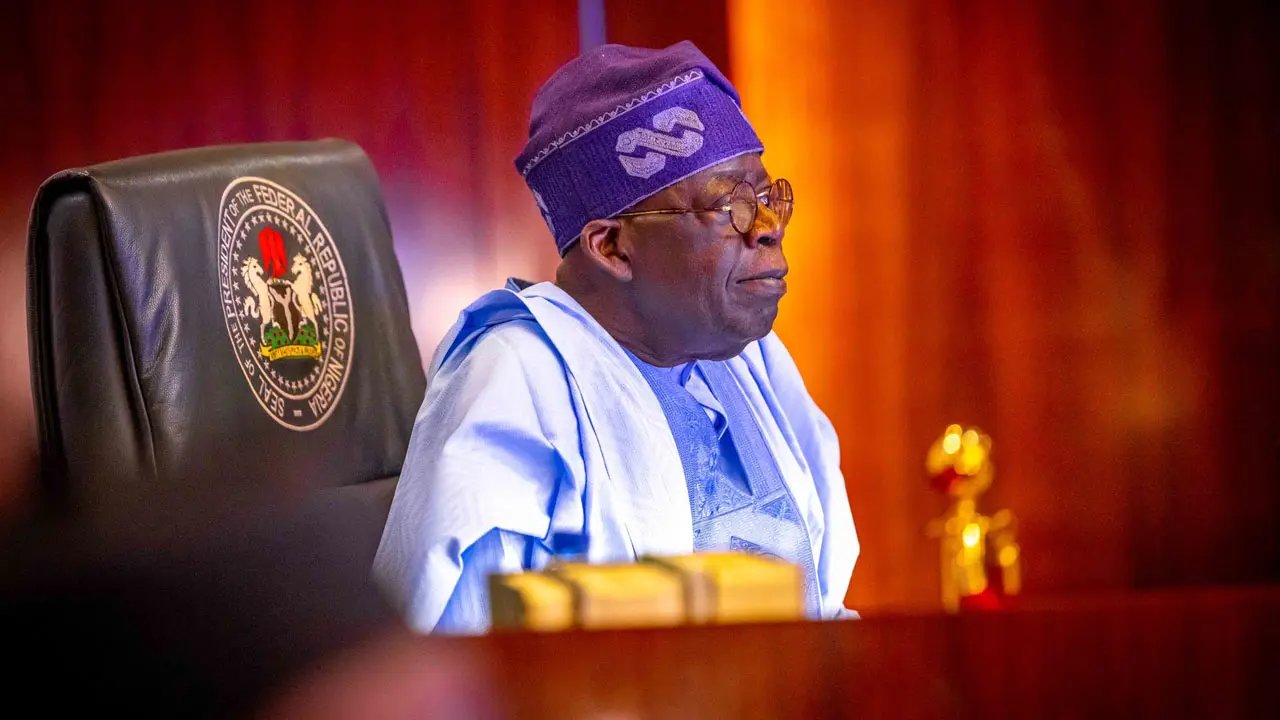
Court Orders DNA Test on Mohbad’s Son Liam After Application by Late Singer’s Father Sparks Intense Reactions

The legal battle surrounding the paternity of late Nigerian singer Ilerioluwa Oladimeji Aloba, better known as Mohbad, has taken a new twist as a court has officially ordered a DNA test on his son, Liam, following an application filed by the singer’s father. The ruling, which has already generated a storm of reactions across social media and beyond, comes at a time when the late artist’s legacy and the circumstances of his passing remain subjects of public debate and scrutiny.
Since Mohbad’s untimely death in September 2023, controversies have followed almost every aspect of his life, from his music career, relationship with his record label, marital life, to the circumstances that led to his demise. The spotlight has now shifted firmly onto his family as the court has granted the request for a DNA test to determine the biological paternity of his son, Liam, whom the singer had with his partner, Wunmi. The court’s directive, according to reports, followed an application by Mohbad’s father, who has been vocal about his concerns and insistence on certainty regarding the child’s true paternity.
The order for a DNA test is seen as a significant development because it touches on a highly sensitive matter that has divided fans, supporters, and family members of the late singer. While some argue that the child should be left out of the controversies surrounding Mohbad’s life and death, others maintain that the father’s request is valid, especially in the context of inheritance, legacy, and the need for clarity in such a widely publicized case. The court, in considering the matter, ruled that a scientific test would resolve lingering doubts and provide finality to the matter.
Mohbad’s father had earlier insisted that without a DNA test, questions would always linger about Liam’s true lineage. He maintained that such clarity was not just a personal concern but one that would help preserve the integrity of his late son’s estate, name, and legacy. On the other side of the divide, Wunmi, Mohbad’s partner and the mother of Liam, has expressed discomfort over the demand for a DNA test, citing emotional strain and public pressure. She has maintained that her son is indeed Mohbad’s child, and the repeated calls for a DNA test amount to an attack on her integrity and that of her late partner.
Despite these tensions, the court’s ruling effectively places the matter beyond speculation and personal argument, as the DNA test will provide scientific evidence that cannot be easily disputed. Legal experts have explained that in cases like this, especially when inheritance rights, custody, and estates are involved, the court often considers a DNA test the fairest route to ensure transparency and prevent future disputes. Given that Mohbad left behind a growing music legacy and significant intellectual property rights, the outcome of the test could have lasting implications.
Public reaction to the court’s decision has been swift and deeply polarized. Many Nigerians have taken to social media platforms such as X (formerly Twitter), Facebook, and Instagram to voice their opinions. While some believe the order is a necessary step to clear doubts and silence speculations, others see it as an unnecessary invasion into the private life of a grieving child and mother. Several fans have expressed worry about the psychological impact the controversy might have on Liam as he grows older, especially with the matter being widely discussed in the media.
Entertainment industry stakeholders have also waded into the matter, with some calling for restraint and empathy while others argue that the truth, no matter how bitter, must be established. Analysts point out that Mohbad’s death has already exposed the deep cracks in the Nigerian entertainment industry, from questions about record label contracts, artist welfare, and the lack of structured legal protections for musicians. This latest development, they argue, is another example of how personal lives of entertainers often become public fodder, especially in times of crisis.
Mohbad’s father has insisted that his intentions are not malicious but rooted in the desire to protect his son’s legacy and to ensure that the truth stands firm for generations to come. In his words, letting such doubts linger would not only affect the family’s unity but could also create legal complications in the future if left unresolved. Those sympathetic to his position have also argued that since Mohbad is no longer alive to personally confirm or dispute the matter, a DNA test remains the only viable solution to silence speculation once and for all.
On the other hand, Wunmi’s supporters have raised concerns about the human side of the issue. They argue that she has endured enough trauma since Mohbad’s passing, and the constant public attacks on her integrity amount to re-victimization. Some women’s rights activists have weighed in, warning that the situation could set a dangerous precedent for how widows and single mothers are treated in Nigerian society, especially when they are suddenly left to fend for themselves after the death of a partner.
The emotional weight of the situation cannot be understated. For fans of Mohbad, the singer’s sudden death still feels raw and unresolved, and the controversies surrounding his personal life have only deepened the sense of loss. What should have been a period of mourning and quiet remembrance has turned into a series of public battles over his legacy, his child, and his estate. Many have expressed fears that the constant disputes could overshadow the late singer’s artistic contributions, which remain highly celebrated across Nigeria and beyond.
The ordered DNA test is expected to be carried out under strict legal and medical supervision to ensure credibility and transparency of the results. Once completed, the outcome will be presented to the court, which will then determine the next steps regarding custody, inheritance, and any other related matters. For now, the ruling has placed Mohbad’s family under intense public scrutiny, with many awaiting the results that could either confirm Wunmi’s claims or validate Mohbad’s father’s suspicions.
As Nigerians await the test results, the case continues to spark conversations about family, trust, and the role of the judiciary in resolving highly personal disputes. The matter has also highlighted the blurred lines between celebrity culture and private life, as the intimate details of Mohbad’s family drama have become a subject of national debate. Whether the DNA test ultimately restores peace or ignites further controversy remains to be seen, but one thing is certain: the public’s gaze will remain fixed on the outcome, and the late singer’s name will continue to dominate conversations in ways that even he might never have imagined during his lifetime.


